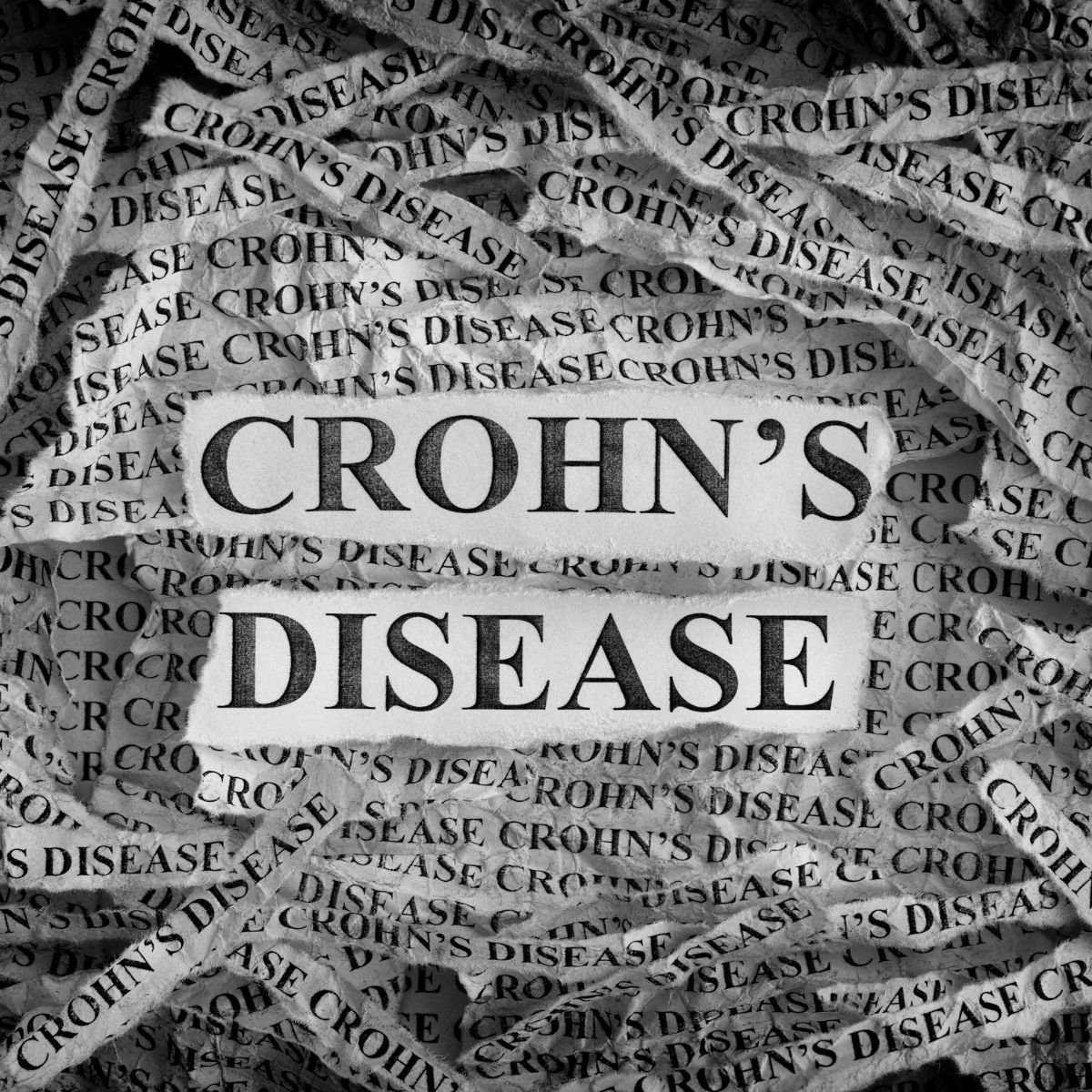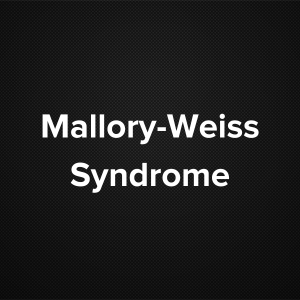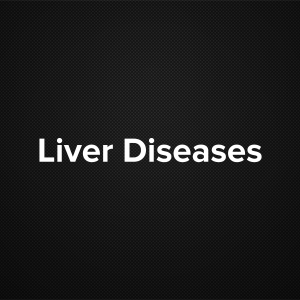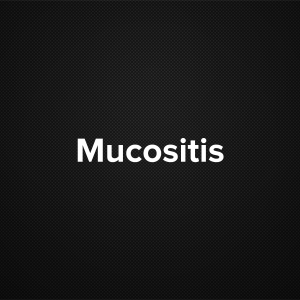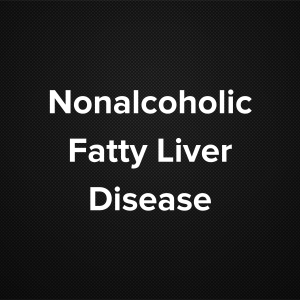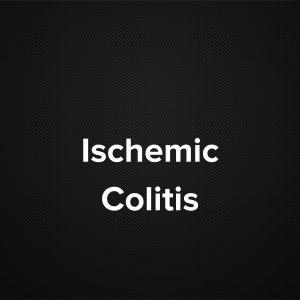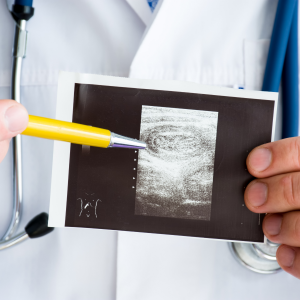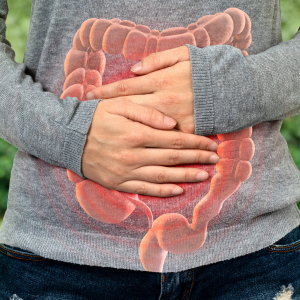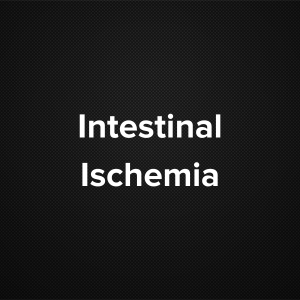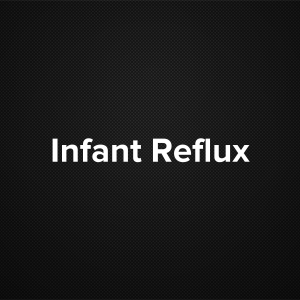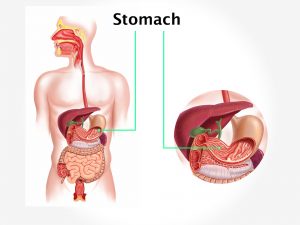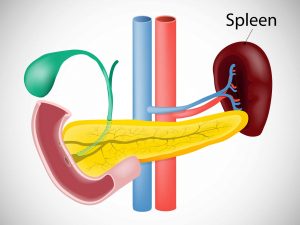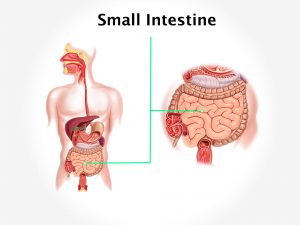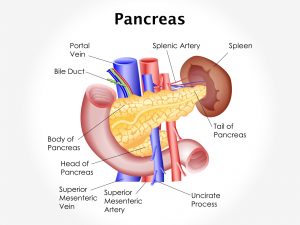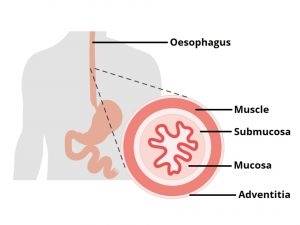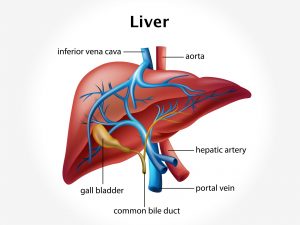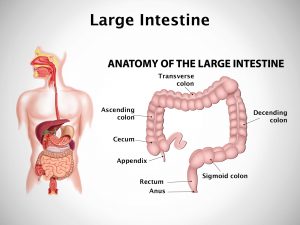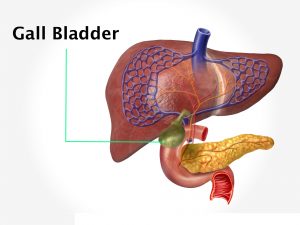Causes and risk factors:
The exact cause of crohns diseases is not known. Certain genetic mutation is the predisposing factor. Immunity i.e. it an autoimmune mechanism is also responsible for Crohns. Spicy food, excess of alcohol, irregular dietary habits, stress, smoking, and certain bacterial and viral infection tends to trigger or aggravate the inflammation.
Clinical presentations:
The site which is more commonly affected is terminal part of ileum. It presents with inflammation of small intestine in patches. It involves almost all the layers of the lining. Abdominal pain, diarrhea and weight loss are the hallmark of crohns. The patient complaints of loose watery stool along with abdominal pain. Due to malabdsoprtion or due to the complaints the appetite is hampered and hence improper quantity of food results in weight loss. Other complaints with which the patient can come are apthous ulcers, bloating in abdomen and flatulence. Crohns disease can lead to complications like perforation of the colon or ileum; it can cause active rectal bleeding (Hemorrhages) and perianal affections like fissures. Ulcerative colitis involves only colon.
Diagnosis and investigations:
Diagnosis is done on the basis of the symptoms narrated by the patient and palpation of the abdomen by the doctor. Certain investigations which will aid in diagnosis are complete blood count, stool cultures. Endoscopy is the diagnostic for Crohns diseases. Biopsies of the intestinal lining are taken. Barium studies, x ray, and ultrasonography of the abdomen can also be advised. In certain cases Colonoscopy can also be done.
Treatment:
Anti inflammatory medications or corticosteroids are prescribed by the doctor.Immunosuppressants and immunomodulators are advised.. Antibiotics are given to help control the infection. Iron, Vitamin B12, calcium and vitamin D supplements are started. Surgical intervention is required in patients who are poorly responding to medications and in cases of complications. However relapses after surgery are common. Dietary changes need to be implemented to prevent the aggravation Smoking should be stopped.
Other modes of treatment:
The other modes of treatment can also be effective in treating Crohns diseases. Homoeopathy is a science which deals with individualization and considers a person in a holistic way. This science can be helpful in combating the symptoms. The Ayurvedic system of medicine which uses herbs and synthetic derivates can also be beneficial in combating the complaints.
Recent Update:
For the purpose of easy diagnosis and better management the American Gastroenterological Association has set up clinical decision tool to guide gastroenterologist for their decision in crohns disease.
